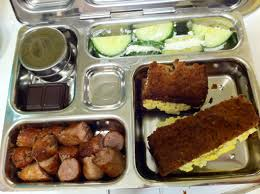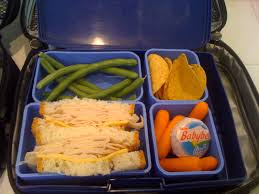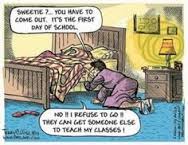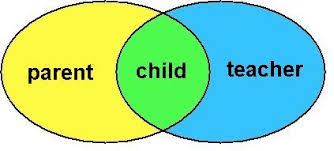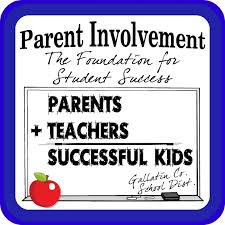Homework!
The one word that can cause immense amounts of stress, angst, and frustration the world over for children, parents and teachers alike.
I vividly remember getting home from school in my primary years, out to play, coming home when it got dark (no mobile phones then!!!) to sit at the kitchen table completing homework whilst Mum was cooking.
High school meant completing, or mostly completing, my homework in my bedroom whilst listening to the Top 40 on the radio, getting my tape recorder poised to tape my favourite songs off the radio (and if you don’t know what on earth I am talking about, ask someone over 40!!!!).
So, a new day and a new ‘study’ from another ‘expert’ about the why’s and how’s of homework.
As a student, I wasn’t overly impressed by having to do it, rather than watching Happy Days on the tele.
As a teacher, I must admit I am not a huge fan of homework for homework’s sake.
And as a parent, when I see what children are given for homework sometimes it sends me spare.
I believe that homework can be worthwhile BUT (and it is a big BUT) it needs to be relevant. Why give little Johnny a 6 page maths assignment when he is in Year 3 and hasn’t yet covered any of the strategies given.
Why make little Mary complete a ‘narrative’ about a fairytale when the class has not yet covered the structure required for that text type.
For me as a teacher I prefer that this children do the following:
1. Read EVERY night – this is so important. If your children don’t like books, find something they do like to read. My son wasn’t an avid reader of books (unlike his sister who I constantly had to stop from reading all night!), so we would go to the newsagent and buy football magazines. He would devour these and be able to tell me all about what he read. He knew all the facts and figures, the life stories of the players, and he was reading. And that was great. My tip is to talk to them and find out what they really WANT to read, or discover, and it won’t be seen as a chore.
2. Speaking of chores, I often included this in homework. The children have to help complete a home chore and list it – wipe the dishes/feed the animals/learn how to put the washing machine on. This is about developing some life skills which to me are very important. Whenever I have been able to do this with my own classes, I have never had any negative responses and the families have always appeared happy for this to be completed.
3. Times Tables – OK so I am now very old school here but I firmly believe that the children need to learn their times tables. If we know our times tables, it helps with SO much. I still have vivid memories of standing up every morning in Year 6 and reciting all our times tables with Sister Kathleen ensuring we didn’t make one single mistake (she was tough). I am no maths whiz but I know my tables and this has always been a great help. Stick them on the back of the toilet door if you have to, trust me it helps.
4. Exercise – I know not all children are keen on sports and that’s ok. However, every one needs exercise, including children. Part of homework might include listing some exercise they have done – walk the dog/ soccer training/ using the skipping rope/ riding their bike/chasings with friends. Anything, as long as they get their bodies moving.
5. Cooking – I encourage the children to become involved in meal preparation. Whether it be chopping up some vegetables, stirring the sauce, or helping to serve, this is another life skill to be encouraged.
i know it is different for high school students and I will post about that at a later date.
But don’t let homework become a battleground. We all lead such busy lives, as do the children at school, so if it is causing you lots of stress and arguments, maybe have a break from it.
Talk to your teacher about it. Homework is actually not compulsory, and most teachers should be approachable and understanding with this.
Do you like homeowrk or do you think it’s a waste of time? I’d love to hear your thoughts.








